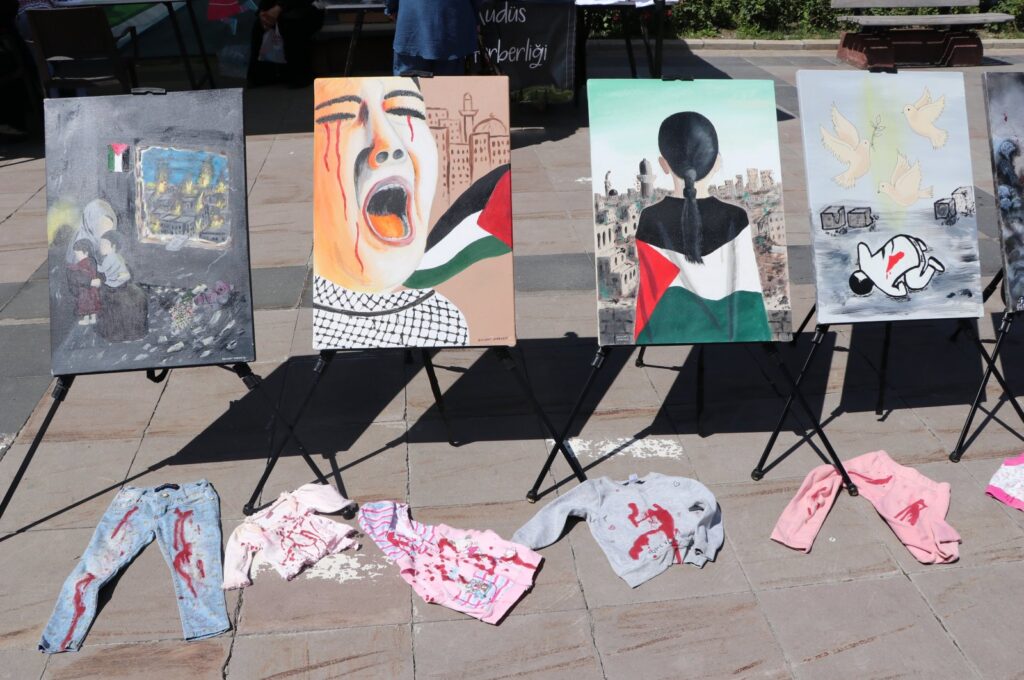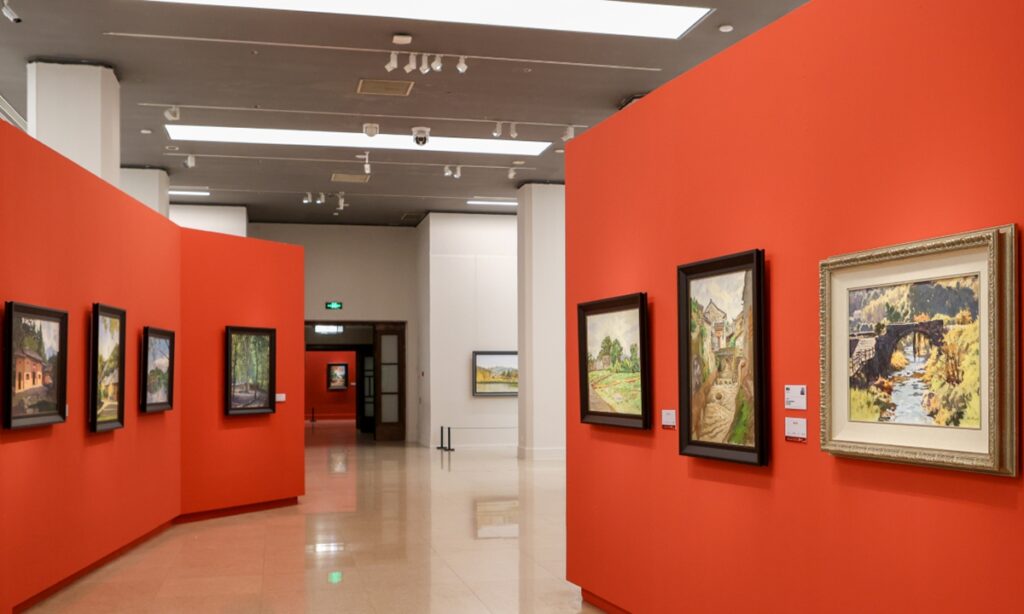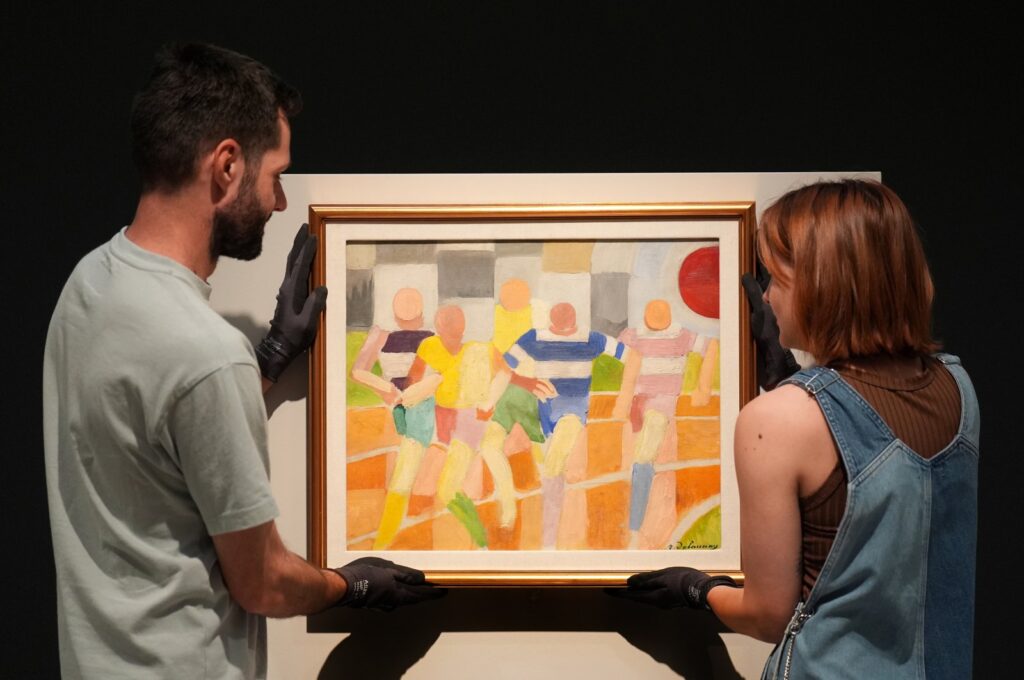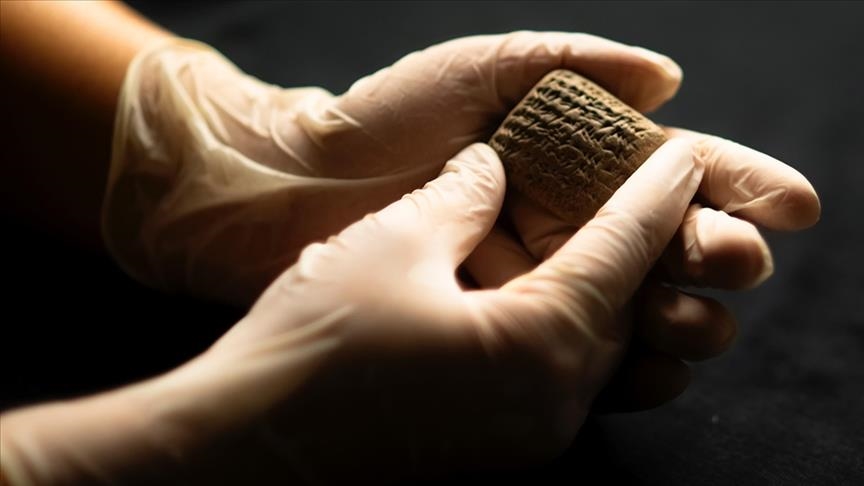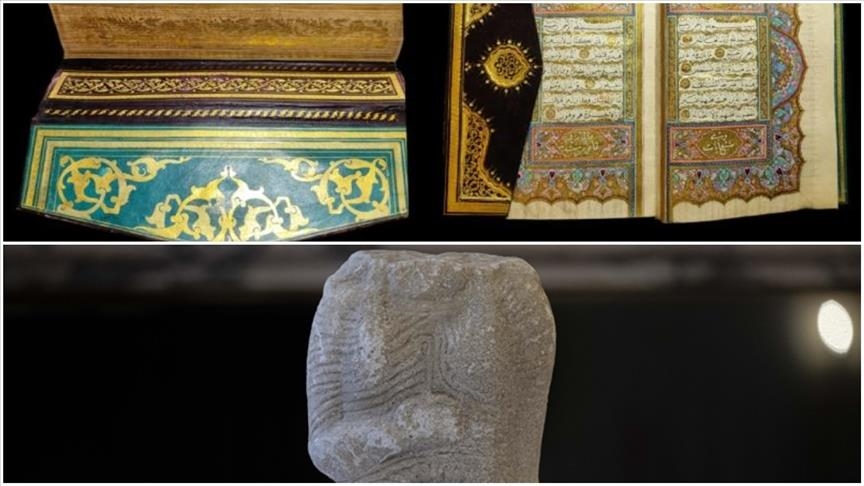
ROME (Reuters): Archaeologists in the ancient Roman city of Pompeii have discovered a “bakery-prison” where slaves and donkeys were locked up to grind the grain needed to make bread, the archaeological site said.
A cramped room with no view of the outside world and small windows high in the wall with iron bars was uncovered during the excavations, which are part of a larger project to secure the slopes around the unexplored areas of the city.
Indentations in the floor coordinated the movement of the animals who were forced to walk around blindfolded for hours, the archaeological park statement said.
“It is a space in which we have to imagine the presence of people of servile status … it is the most shocking side of ancient slavery” and its “brute violence”, said Pompeii’s director Gabriel Zuchtriegel.
The bakery was part of the working quarters of a large house whose residential area was decorated with well-preserved frescoes.
Archaeologists discovered in August a small bedroom in a Roman villa near Pompeii that was almost certainly used by slaves, throwing light on their condition in the ancient world.
Pompeii and the surrounding countryside was submerged by volcanic ash when Mount Vesuvius exploded in AD 79, killing thousands of Romans who had no idea they were living beneath one of Europe’s biggest volcanoes.
The eruption buried the city in a thick layer of ash, preserving many of its residents and buildings.
The site has seen a burst of recent archaeological activity aimed at halting years of decay and neglect, largely thanks to a recently concluded 105-million-euro ($113 million) EU-funded project.



